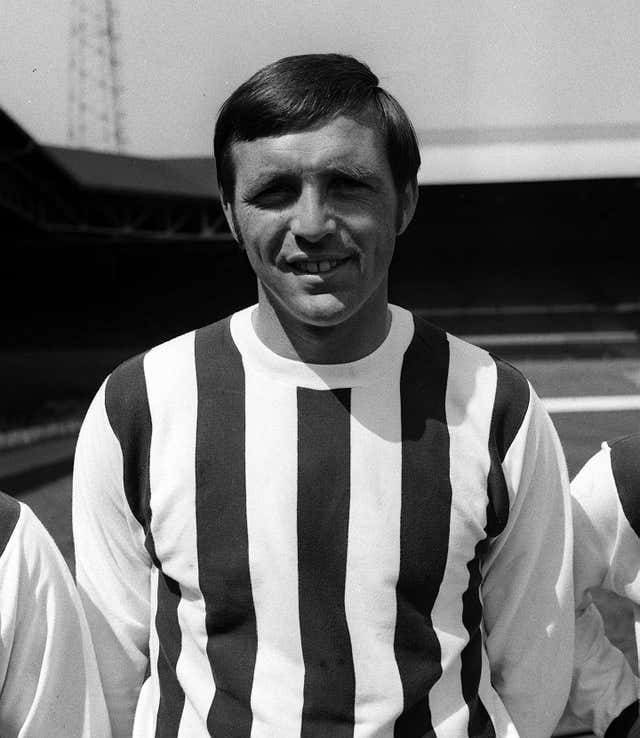Dementia campaigner Dawn Astle hopes Sir Bobby Charlton's diagnosis will represent a turning point in how professional football treats the issue.
Former Manchester United and England great Charlton is one of five members of the 1966 World Cup-winning team to suffer the condition.
Charlton's diagnosis follows the deaths of his older brother Jack Charlton, in July, and fellow World Cup-winner Nobby Stiles on Friday. Both had also been diagnosed with dementia.
Sir Bobby's wife, Lady Norma Charlton, expressed hope that the knowledge of his diagnosis, reported by the Telegraph, may help others.
Astle's father Jeff, the former England and West Brom striker, died in 2002 aged 59 because of repeated trauma from heading footballs, described by a coroner as an "industrial injury".

"We've been talking about it for so may years now," Astle, who co-founded the Jeff Astle Foundation in 2015, told talkSPORT.
"The 1966 team remains the ultimate in British football, our greatest ever and our most iconic. It stands alone except, sadly, in one regard.
"To have five players out of the 11 diagnosed with dementia might sound staggeringly unusual, but this sort of tragedy is on a comparable scale within other football teams.
"Whether the professional game wants to face up to this or not we have a huge problem with former players and dementia.
"I hope and pray that this desperately sad news about Sir Bobby, coming so soon after the death of Nobby, will represent a turning point in how this is treated.
"I hope it makes people sit up and listen and take notice, and that will go on to help the hundreds of footballing families that have been in touch, because they are not so high-profile but they are all important."
Kate Lee, the chief executive officer at The Alzheimer's Society, echoed Astle's hopes.
She said: "We send our heartfelt thoughts and best wishes to Sir Bobby Charlton and his family following the announcement that Sir Bobby is living with dementia, which can be such a devastating condition for so many.
"Their bravery in speaking out helps so much to shine further light on the condition, for which we are hugely thankful.
"The team of 1966 will never be forgotten – sadly it's now for another reason as well, but we hope that this can be put to good use in highlighting the help that is out there."






